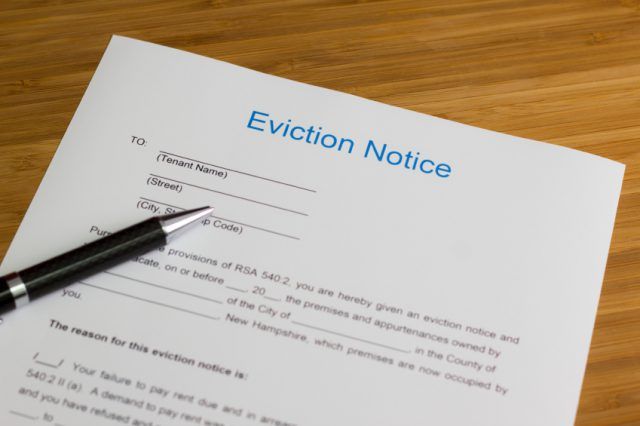Will Trump’s Win Boost London House Prices?
Donald Trump may be getting ready to move into a new house, but what does his win mean for London house prices?
Analyst Anthony Codling has already answered the question on all property professionals’ lips: How will a Trump victory affect London house prices?
In the short-term, he believes, the London property market may get a boost.
He explains: “Our favourite new build development in Nine Elms, which is also the site of the new US Embassy, may see an uptick in demand, should disillusioned wealthy and mobile US citizens seek relocation.

Will Trump’s Win Boost London House Prices?
“It will be interesting to see if changes in foreign exchange rates trump the Trump victory. Obviously it is difficult to call so early, but potential winners are Berkeley Group and London centric estate agents.”
Indeed, recent research suggests that London house prices in prime central locations will be boosted by Trump’s win.
For the rest of the UK, the effect is likely to be “limited”, he adds.
London property market
Similarly, London Central Portfolio claims that Trump’s win will have a “net positive impact” on the London market.
It’s Chief Executive, Naomi Heaton, says: “Investors [will] retrench to blue-chip tangible assets as uncertainty on the political and economic stage is heightened once again.
“Jitters in global equity markets, driven by widespread speculation, will be countered by flights to safety, with gold, the yen and Swiss franc set to benefit.
“While the result will likely move the global spotlight away from Brexit, repercussions may be felt across Europe, with the prospect of anti-establishment votes becoming keener. At the same time, the likelihood of the UK Parliament thwarting the people’s mandate to exit the EU has dwindled.”
Further uncertainty
However, north London estate agent and former Residential Chairman of the Royal Institution of Chartered Surveyors, Jeremy Leaf, believes that uncertain times are ahead.
“Even though Trump’s early words of reconciliation are encouraging, we are likely to see a further period of uncertainty, because he will not be able to take any decisive action until he assumes power in mid-January,” he explains.
“That is a concern – a further period of limbo until action is taken and in that time, markets are likely to remain in uncertain territory. This is particularly problematic, as it comes on the back of 18 months of limbo when the election result had been too close to call.
“The knock-on effect on sterling and the FTSE inevitably has an impact on confidence here, at a time when we’re already nervously anticipating the fallout from Brexit.”
He adds: “At the very least, it looks like we will have fewer transactions, tighter lending criteria, less housebuilding and higher rents, which is exactly the opposite of what we’re looking for at the moment.”







